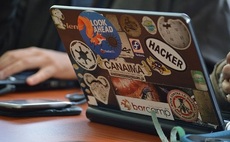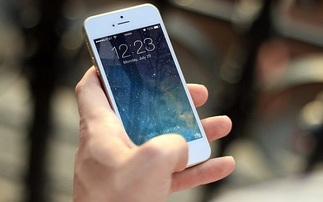Hacked "6.4 million" list is real. LinkedIn confirms some are for its accounts. eHarmony also hit.
Sophos has told Computing that it believes LinkedIn has suffered a major hack and data breach, involving 6.4 million or more user passwords. The anti-virus software vendor said that a list of ha...
To continue reading this article...
Join Computing
- Unlimited access to real-time news, analysis and opinion from the technology industry
- Receive important and breaking news in our daily newsletter
- Be the first to hear about our events and awards programmes
- Join live member only interviews with IT leaders at the ‘IT Lounge’; your chance to ask your burning tech questions and have them answered
- Access to the Computing Delta hub providing market intelligence and research
- Receive our members-only newsletter with exclusive opinion pieces from senior IT Leaders






















